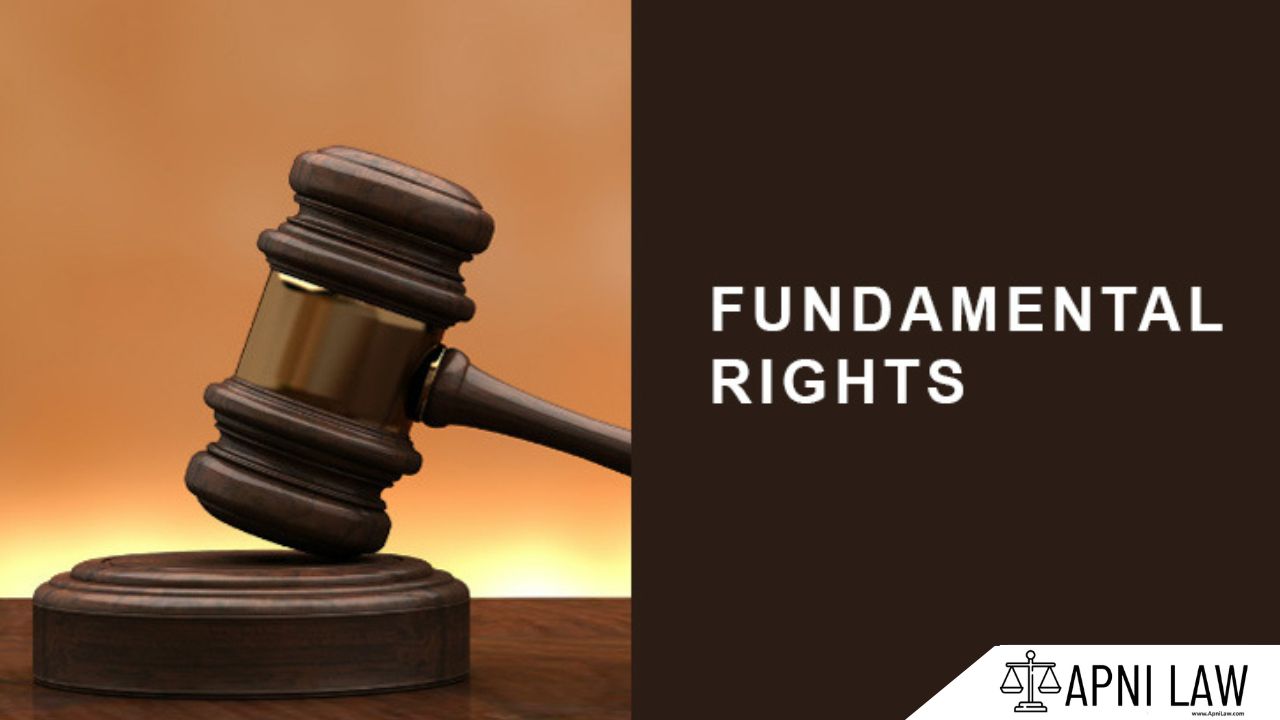Distant Exam Centres Violate Right to Education Under Article 21
The Punjab and Haryana High Court ruled that forcing college students to travel to remote areas for exams violates their right to education under Article 21 of the Constitution. The Court said this policy creates unnecessary hardship, especially for distance learning students.
Case Background
The case arose from a plea by Karamjeet Kaur, a contract teacher denied regularization due to her M.Ed. degree from Vinayaka Mission University via distance mode. The Court used her case to address larger issues concerning distance education, exam centers, and degree validity.
Petitioner’s Stance
Kaur argued that she met all job requirements and her degree was valid. She challenged the denial of regularization and the legitimacy of a policy that limited recognition of distance education based on territorial criteria or UGC technicalities.
Court’s Ruling
The Court said that examination centers must be accessible, especially for students in online or distance education programs. Holding exams only at a university’s main campus, often far from students’ homes, causes mental and financial stress. It noted that such policies unfairly affect poor and marginalized students.
The bench emphasized that the right to education includes easy access to study and exam centers. Denying this right due to arbitrary rules undermines educational opportunities.
The Court also criticized the UGC and the State of Punjab for failing to implement earlier directions from the Supreme Court (Orissa Lift Irrigation Corp. Ltd v. Rabi Sankar Patro). The State failed to verify degrees or create a recognition portal. However, there was no evidence of fraud in the petitioners’ degrees.
The Court ruled that distance education degrees remain valid unless proven otherwise. It held that requiring UGC approval for off-campus exam centers contradicts the purpose of remote learning.
Final Verdict
The Court ordered Karamjeet Kaur’s regularization with full benefits from 02.04.2016. It quashed the UGC’s cut-off dates that derecognized degrees earned through distance education. The bench stated that recognition should depend on academic standards, not university territorial limits or administrative hurdles.
The High Court also issued new guidelines for the UGC:
- Verify academic quality of distance courses case-by-case.
- Audit the infrastructure of institutions offering such courses.
- Ensure proper approvals and recognitions are in place.
This judgment reinforces that educational access must be fair, inclusive, and aligned with constitutional rights.








